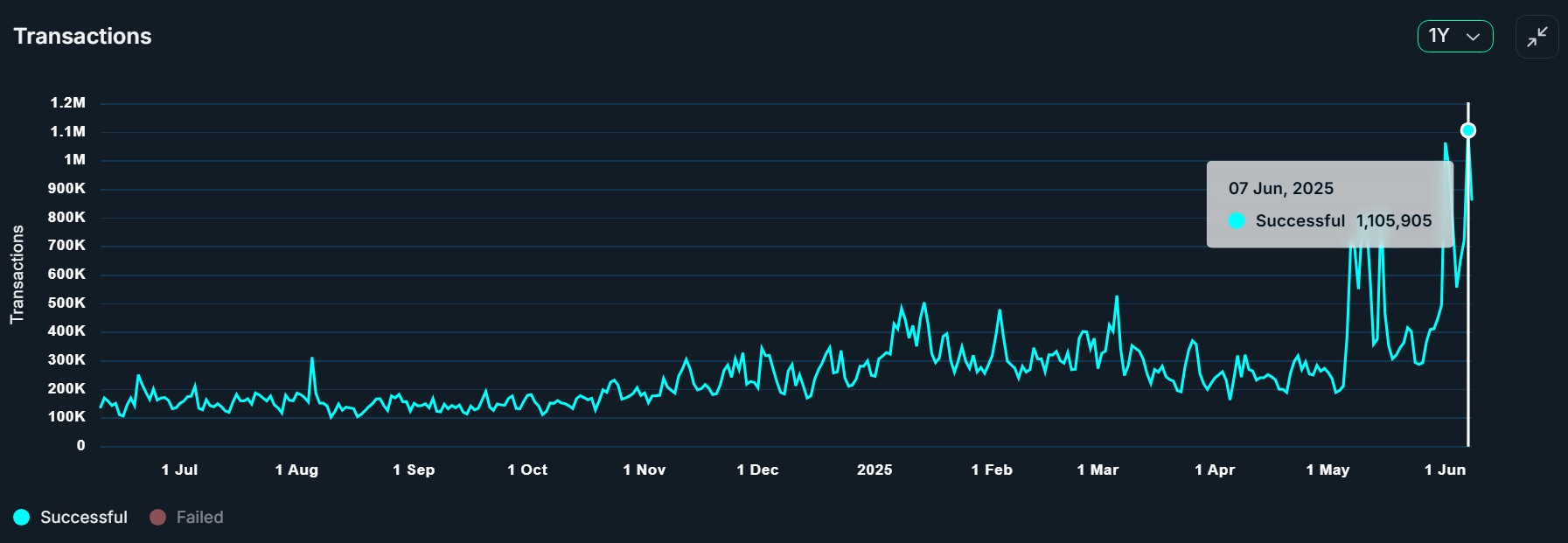
Anchorage Digital, a chartered crypto bank in the United States, has launched custody and staking support for Starknet’s native token, STRK, seeking to address investors’ appetite for yield generation on digital assets.
According to a Wednesday announcement, staked STRK currently yields an annual percentage rate (APR) of 7.28%. Anchorage, offering STRK custodian services since January, is expanding the token’s utility.
“Anchorage Digital has a long-standing relationship with Starknet and now is opening the door to institutional custody and staking of STRK,” the company said in a statement.
Starknet is a layer-2 scaling network built on Ethereum that uses zero-knowledge proofs for transactions. The network introduced staking earlier this year as part of its decentralization roadmap, allowing STRK holders to secure the protocol and earn rewards.
The launch also comes as yield-bearing crypto products increasingly compete with traditional financial products. US Treasurys, long considered the safest investment, are currently yielding between 4.0% and 4.5%, but with markets pricing in a 94% chance of a rate cut in September, lower returns could make crypto staking even more appealing for investors under a dovish monetary policy in the US.
While other US banks such as JPMorgan and BNY Mellon have concentrated their blockchain strategies on tokenization, staking continues to gain momentum as a yield product, and is often cited as one of the drivers behind the growing popularity of Ether treasury funds.
In September, Ethereum’s staking entry queue reached its highest level since the Shanghai upgrade in 2023. Onchain data showed more than 860,000 ETH, worth about $3.7 billion, waiting to be staked.
Related: Starknet to settle on Bitcoin and Ethereum to unify the chains
Institutions join the staking market
Staking is the process of locking up crypto assets to help secure a blockchain network in exchange for rewards. The feature has been gaining traction as institutions join the crypto space.
Switzerland’s Sygnum Bank became the first regulated bank to launch Ethereum staking in 2021, while the Nomura-backed Komainu rolled out custody for Lido’s staked Ether (ETH) in markets including Dubai and Jersey in 2025, targeting institutions that needed a compliant option.
In July, the Liquid Collective consortium introduced LsSOL, a liquid staking token for Solana. The product marked one of the first standardized efforts to bring Solana staking to institutional clients.
Magazine: TradFi is building Ethereum L2s to tokenize trillions in RWAs — Inside story



